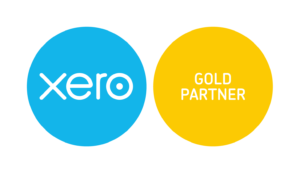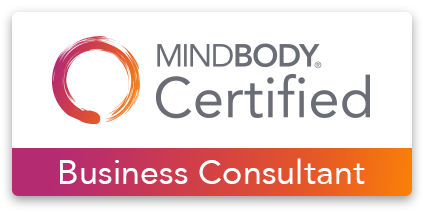Have you ever tried to lose weight? It usually starts with a declaration:
“I want to lose weight!”
If only it was that easy. Unfortunately, you can’t wish something into existence.
“I want to make more money!”
That’s the declaration I hear from most fitness business owners when I ask them about their goals for the future. If only it was that easy.
Setting better goals (SMART goals)
A SMART goal is a goal that is:
- Specific
- Measurable
- Achievable
- Relevant
- Time-based
Let’s explain.
If your business isn’t making as much money as you would like, it usually means that you need to change something about it. And most of the time, that change doesn’t come down to simply working harder. Most business owners I know already work too much, and doing more of the same isn’t the answer.
So when you’re setting goals for your business, instead of wishing more money into existence, you need to figure out what changes you are going to make that can lead to that goal.
Let’s go back to the weight-loss example. If you want to lose weight, while it’s great to acknowledge the goal, it doesn’t do any practical good to simply say it. Instead, you can start by making little changes to your daily routine – eating a little better, exercising a little more. You could commit to going to the gym 4 times a week for the next 3 months with the goal of losing 10 pounds – but making the commitment isn’t enough. You still have to do the work. And you know what? You could do all the work and still not hit your goal. But committing to a change in behavior with a goal in mind is a lot more powerful and effective than making a wish.
The same goes for your business. If you want to make more money, there are a lot of ways to get there. You can increase the number of new people that come through your door. You can sell more memberships to the people that already walk through your door on a regular basis.You have to decide what changes you’re going to make that will result in more revenue for your business.
So, instead of saying “I want to make more money!”, you can say
- I will spend $1,000 on online advertising in order to drive 50 new first-time visitors to my studio each month.
- I will create a front-desk sales process in order to increase my membership conversion rate by 5%.
- I will increase my monthly membership package by $5 per month in order to increase my Customer Lifetime Value by $60.
Measure, Measure, Measure
Just like going to the gym doesn’t always result in weight loss, your behavior change might not result in more revenue (or maybe not as much as you wanted). That’s why it’s important to constantly measure your results. If you aren’t measuring how many new visitors you get each month, how do you know if that advertising campaign worked? Maybe you only had 15 new visitors – so it’s time to try something different. Or maybe you did get 50 people to respond to the ad (just like you hoped), but your sales process was broken, so only 2 of them actually became members.
I think back to the times I’ve been successful in losing weight. During those times, when I stepped on the scale each day, I wasn’t surprised with what I saw. I knew the daily behaviors it would take for me to achieve my goal, and only I knew whether I had actually done the necessary work. If your goal is to make more money with your business, you need to figure out the daily changes that will lead you to your goal, and commit to making those changes. That way, when you look at your revenue numbers the next day, the next week, the next month, you won’t be surprised – you’ll already know you’re going to be happy.
So we’ve established that to action a goal, you need to commit to a change in behavior and form a new habit in your daily life. Secondly, to see success, we must measure our habits to see what is working and what isn’t.
But what numbers do you need to measure?
Download our free guide on ‘The three numbers you need to track to make more money’. We’ll be going in-depth into the three most important metrics for you, and using real life examples of fitness studios that have used these metrics to become more successful.









